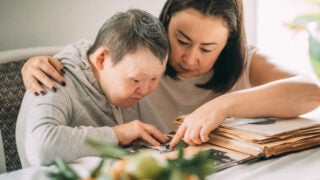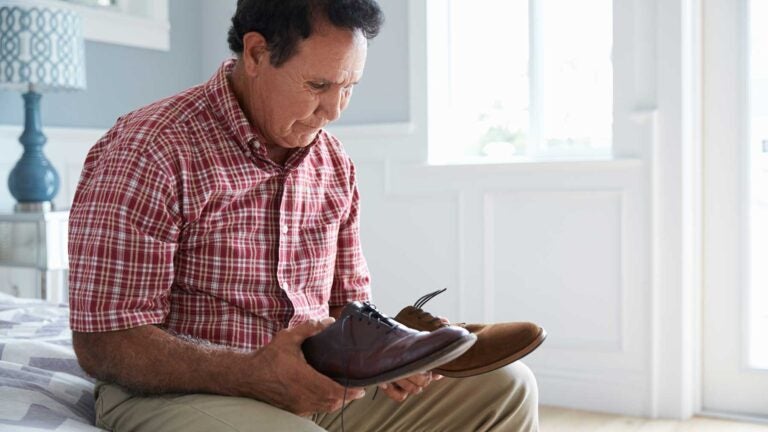
Patients with dementia often struggle with daily tasks. (Photo/iStock)
Every 66 seconds, someone in the U.S. develops Alzheimer’s
Marking Alzheimer’s & Brain Awareness Month, USC researchers analyze big data, help caregivers and create preventive medication to discover factors that protect us as we age
More than 70 USC researchers from across disciplines are dedicated to the prevention, treatment and potential cure of Alzheimer’s disease, which kills more than breast cancer and prostate cancer combined.
USC researchers are analyzing brain scans and big data, creating preventive medication, developing a vaccine, tracing disease progression, helping caregivers, building socially assistive robots and more to address Alzheimer’s and the complex problems that come with it.
The savvy caregiver
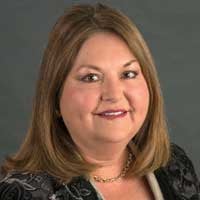
“Although serving as a caregiver to a family member with dementia can be meaningful, evidence suggests this type of caregiving can lead to early death or, in less extreme cases, be harmful mentally, emotionally and physically.
“We are currently testing The Savvy Caregiver Program, which is a training series designed to build health literacy, provide caregiving skills and develop a healthy caregiving outlook for family members. We hope to identify the components of the caregiver intervention program that are effective and that can be adopted by health and community-based organizations in the near future.”
MARIA ARANDA
Associate professor at the USC Suzanne Dworak-Peck School of Social Work
Obesity and Alzheimer’s
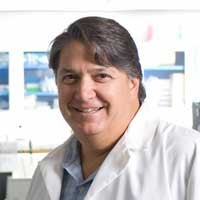
“Risk for Alzheimer’s disease is affected by lifestyle factors such as obesity. Our recent research indicates that obesity increases the risk of Alzheimer’s disease in mice with certain genes. Understanding how genes and environment interact to affect the development of Alzheimer’s is essential for identifying high-risk populations and for developing targeted interventions.”
CHRISTIAN PIKE
Professor at the USC Leonard Davis School of Gerontology
Intervening early is key
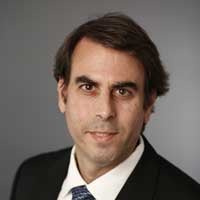 “Much like how doctors treat high cholesterol to reduce the risk of heart attacks and stroke, we may be able to intervene in Alzheimer’s disease before the disease becomes advanced in two of our clinical studies.”
“Much like how doctors treat high cholesterol to reduce the risk of heart attacks and stroke, we may be able to intervene in Alzheimer’s disease before the disease becomes advanced in two of our clinical studies.”
MICHAEL RAFII
Associate professor of clinical neurology at the Keck School of Medicine of USC
Identifying the beginnings of Alzheimer’s
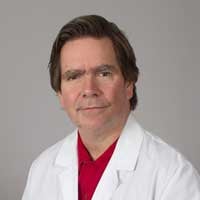
“We now know Alzheimer’s changes the brain 15 to 20 years before symptoms begin to show. In a small number of highly genetic Alzheimer’s cases, 1 in 2 children of affected persons may inherit the gene and be destined to develop the disease, typically at a relatively young age.
“We can study these individuals while they are still pre-symptomatic, allowing us to identify early changes occurring in the brain. We have been studying members of these unique families for almost 20 years and are testing medications to prevent Alzheimer’s in this population.”
JOHN RINGMAN
Helene and Lou Galen Professor of Clinical Neurology at the Keck School of Medicine
An Alzheimer’s vaccine
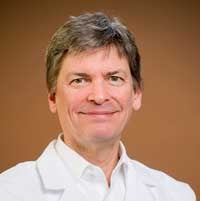
“To prevent the onset of Alzheimer’s, we will use an amyloid vaccine in people who carry the high-risk gene but do not have symptoms. We are just starting this unique, multicenter clinical trial.”
LON SCHNEIDER
Professor of psychiatry and the behavioral sciences at the Keck School of Medicine
Cracking the brain’s genetic code
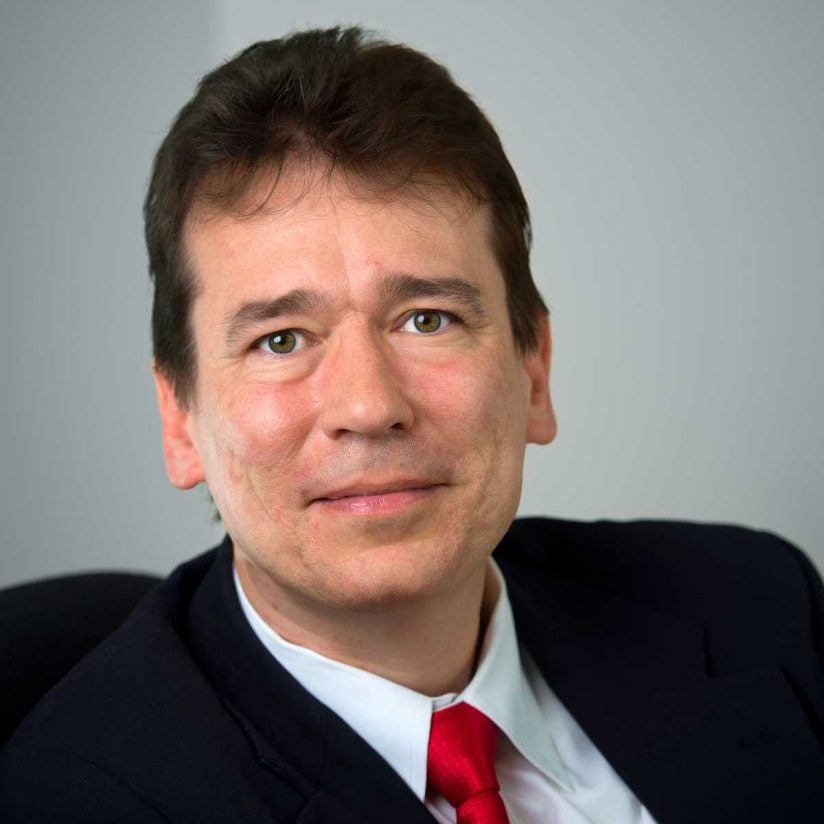
“A revolution in our understanding of brain aging will come as the global scientific community works together to discover factors that protect us as we age. We have already discovered a range of hotspots in our DNA that boost or impair our brains as we age. By pooling DNA and brain scans from over 30,000 people across the world, we are beginning to crack the brain’s genetic code — including the remarkable code that shapes the brain’s memory system, the hippocampus.”
PAUL THOMPSON
Associate director of the USC Mark and Mary Stevens Neuroimaging and Informatics Institute at the Keck School of Medicine


